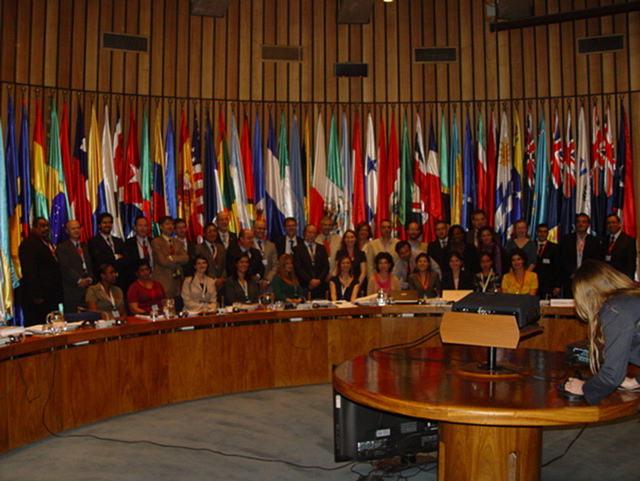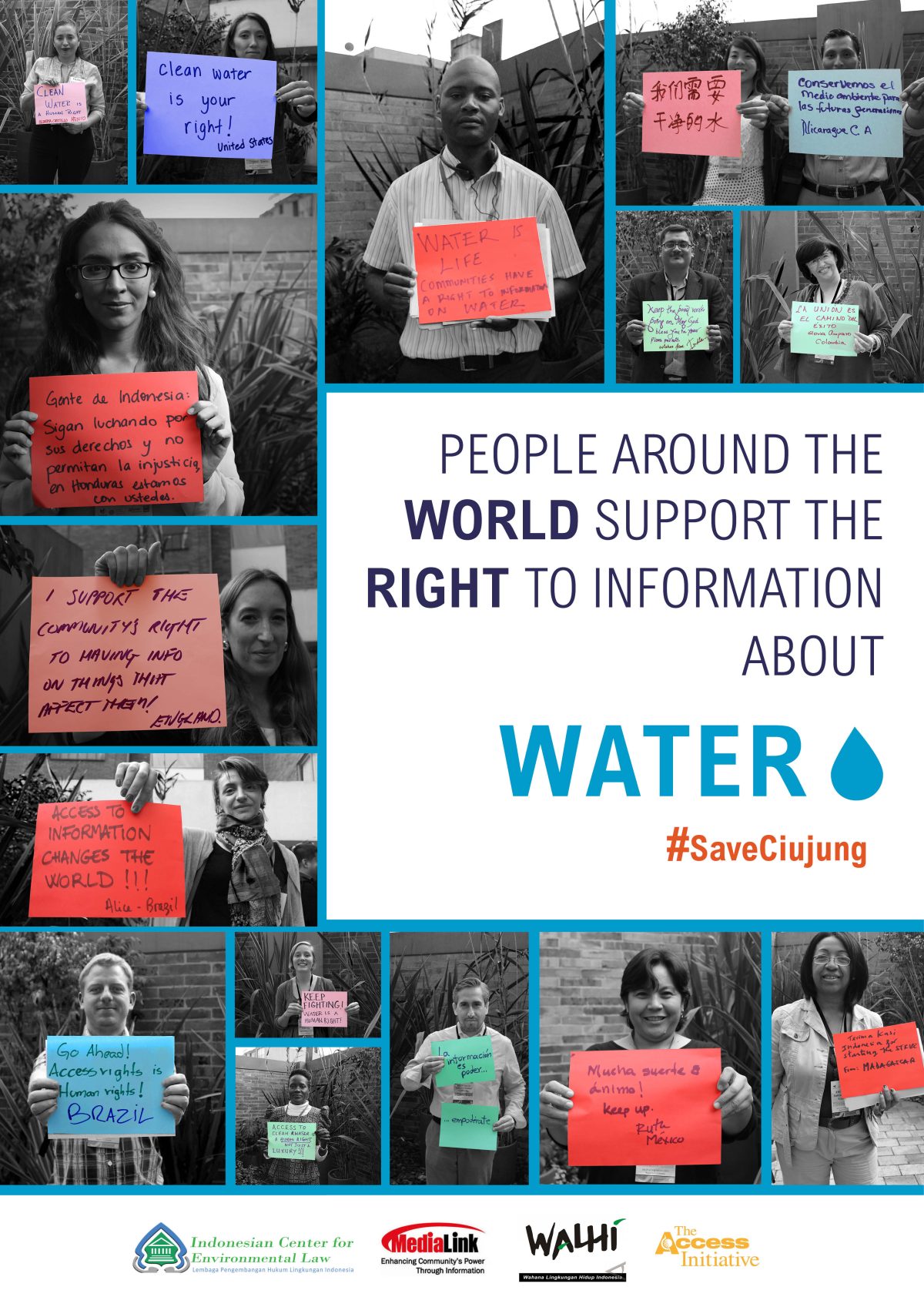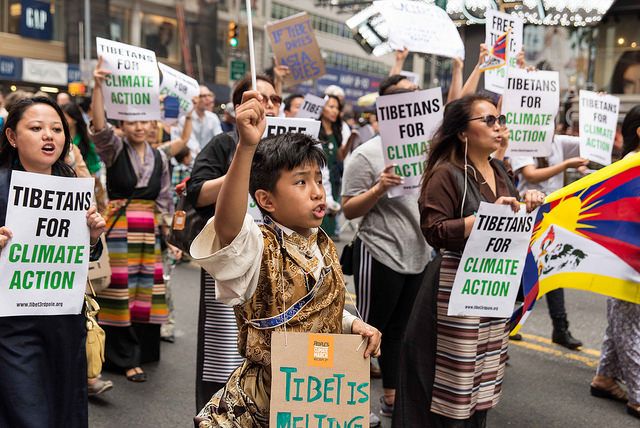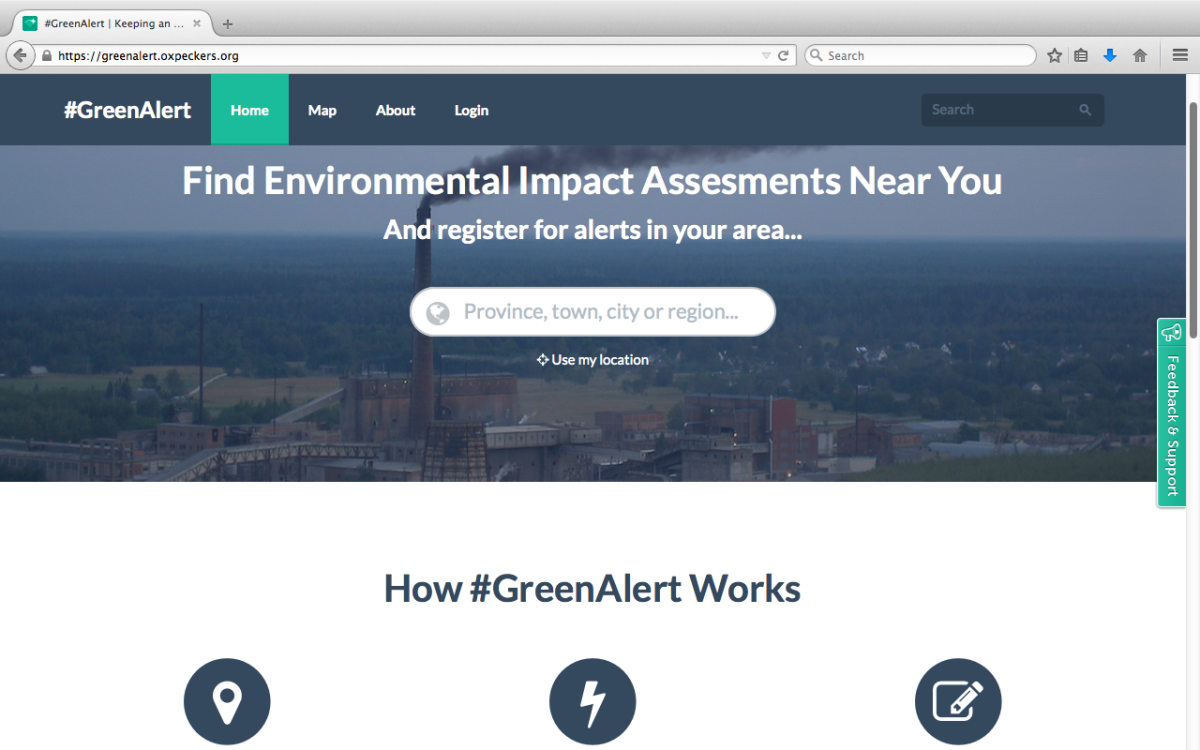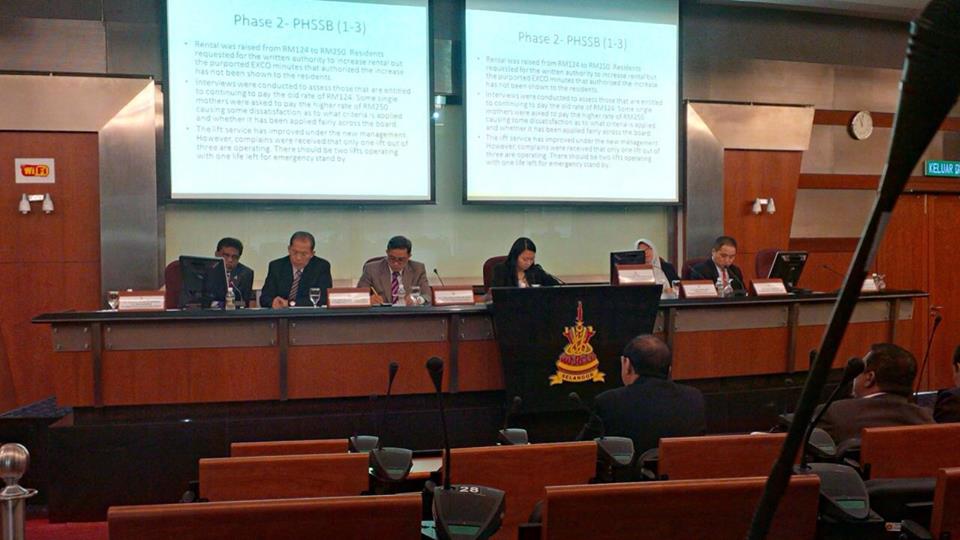By Daniel Barragan (Posted: February 19, 2013)
Los días 27 y 28 de Enero del 2013 se realizó en Santiago de Chile la I Cumbre de la Comunidad de Estados Latinoamericanos y Caribeños (CELAC).
La Comunidad de Estados Latinoamericanos y del Caribe agrupa a todos los países de América Latina y el Caribe. Fue creada el 23 de febrero de 2010 en sesión de la Cumbre de la unidad de América Latina y el Caribe, en la ciudad de Playa del Carmen, Quintana Roo, México.
Es un organismo intergubernamental de ámbito regional, heredero del Grupo de Río y la CALC, la Cumbre de América Latina y del Caribe que promueve la integración y desarrollo de los países latinoamericanos.
Los Gobiernos se reunieron en esta oportunidad con el propósito de avanzar en la unidad e integración política, económica, social y cultural de nuestra región.
La Declaración acordada por los Gobiernos destaca la importancia de un diálogo permanente fundado en el principio de la complementariedad y orientado a alcanzar los mejores resultados para lograr el desarrollo solidario e inclusivo de los Estados latinoamericanos y caribeños.
En el párrafo 60 de la Declaración los Gobiernos establecen “Valoramos las iniciativas para la implementación regional del Principio 10 de la Declaración de Río 1992, referido a los derechos de acceso a información, participación y justicia ambiental, como una contribución relevante para la participación de la comunidad organizada comprometida con el Desarrollo Sostenible”.
Es importante destacar el liderazgo que tuvo el Gobierno de Chile para lograr la inclusión de esta mención y valoración del proceso que se ha iniciado en América Latina y el Caribe donde 11 países de la Región en la Conferencia de Desarrollo Sostenible Río+20 celebrada en Río de Janeiro, Brasil en Junio del 2012, 11 países de América Latina y El Caribe (ALC) con el firme apoyo de la sociedad civil y de organismos internacionales como la CEPAL iniciaron un proceso político para la creación de un instrumento para la región que promueva la cabal implementación de los derechos de acceso a la información, la participación y la justicia en la toma de decisiones ambientales. Estos derechos de acceso están contemplados en el Principio 10 de la Declaración de Río de la Cumbre de la Tierra de 1992.
Específicamente los Gobiernos de Brasil, Costa Rica, Chile, Ecuador, Jamaica, México, Panamá, Paraguay, Perú, República Dominicana y Uruguay firmaron la Declaración sobre Aplicación del Principio 10 de la Declaración de Río sobre Medio Ambiente y Desarrollo dando inicio a un proceso para crear un instrumento regional que promueva la transparencia, inclusividad y rendición de cuentas en la toma de decisiones ambientales.
Para mayor información de la CELAC:

